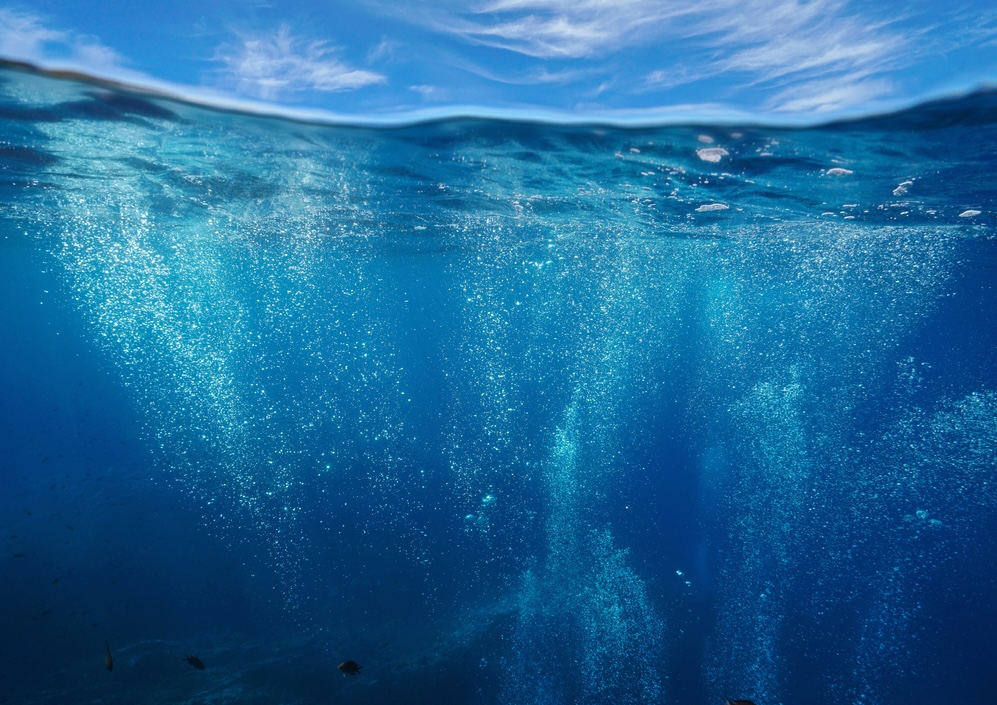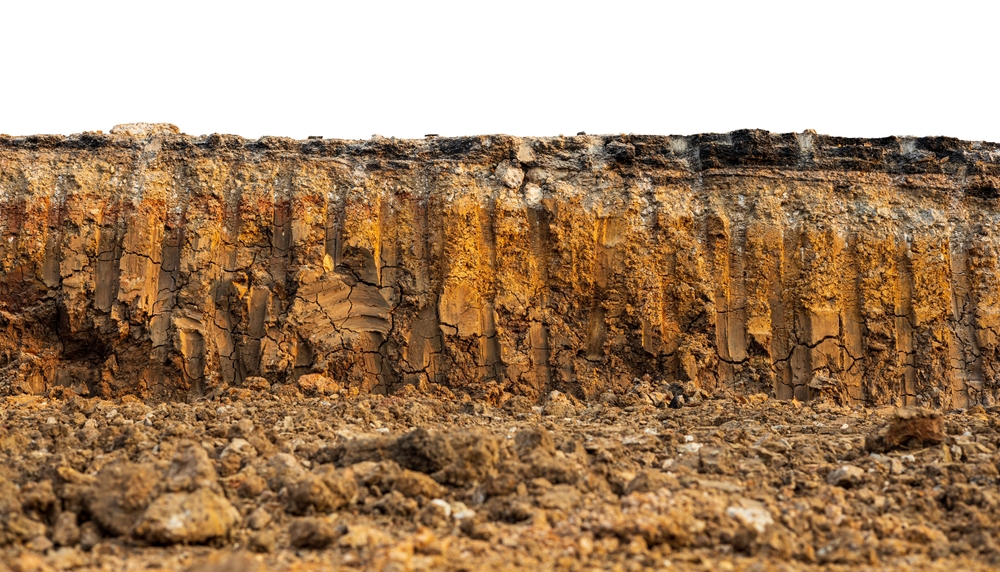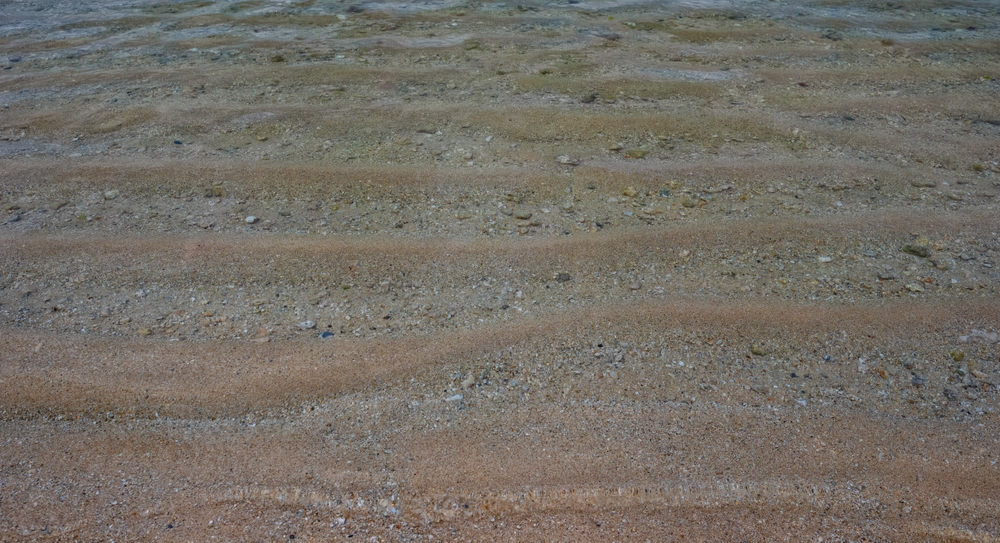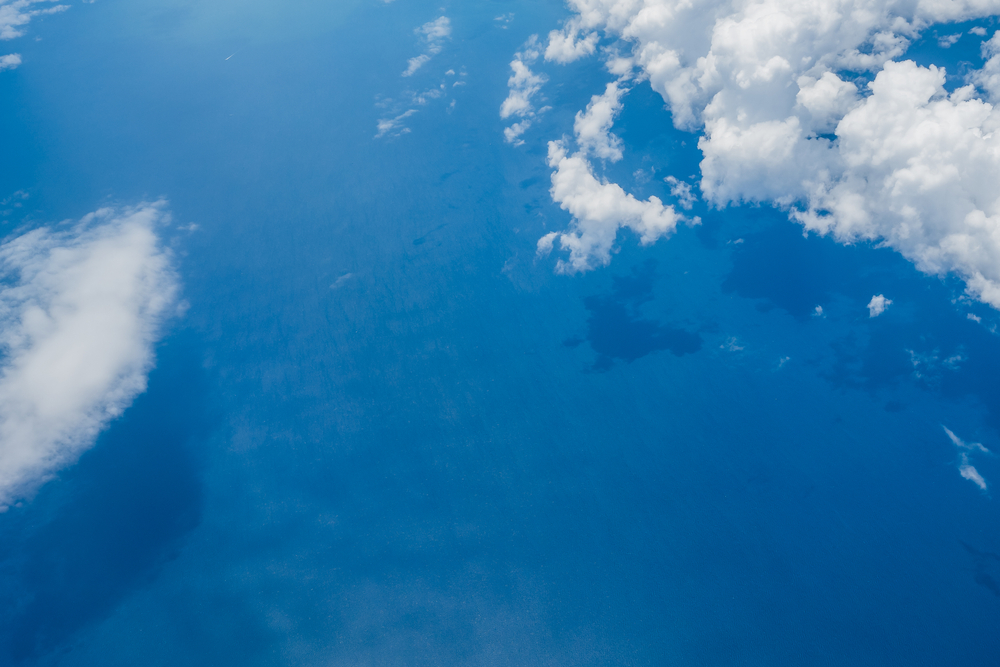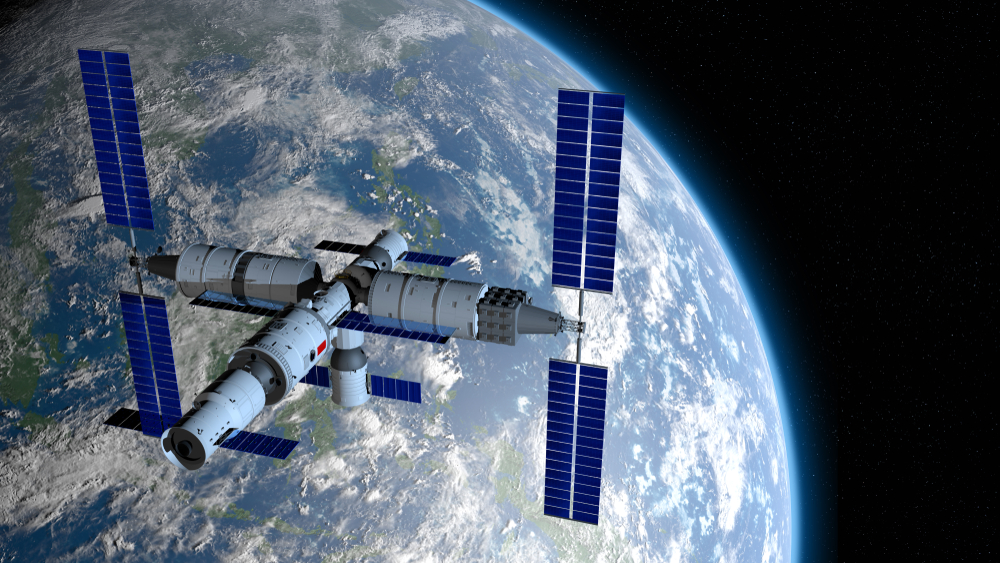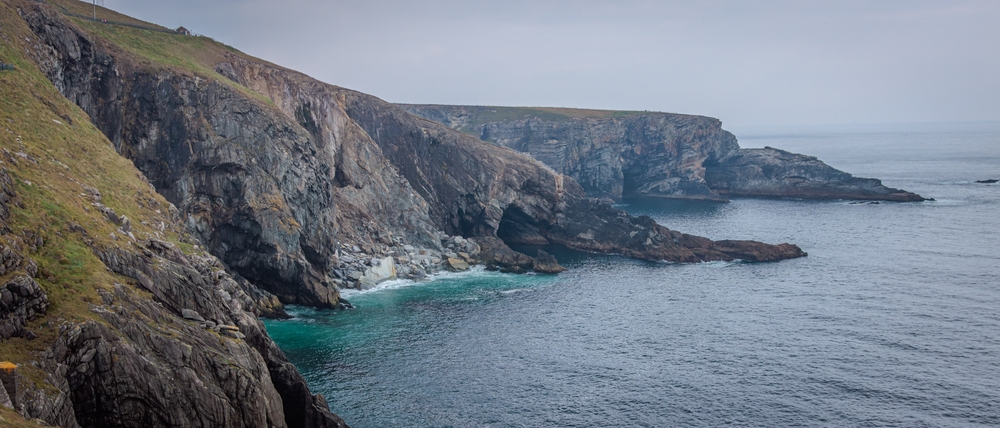Understanding the Ocean Bio-geochemical Observation Pilot
The Ocean Bio-geochemical Observation Pilot is a cornerstone initiative of the FAIR-EASE project, a European initiative to ease the sharing of multidisciplinary environmental datasets. Designed to tackle the complexities of managing and using biogeochemical data from marine environments, the Ocean Bio-geochemical Observation Pilot focuses on streamlining data management related to critical oceanic variables such as Chlorophyll-a, dissolved oxygen concentration, nitrate concentration, and pH.
Coordinated by Dr Virginie Racapé from the Pokapok Company, specialised in the process and analysis of environmental data, the pilot is led by a consortium of European experts from institutions like the CNRS, Ifremer, Euro-Argo, and OGS. Its objective is to provide researchers involved in the data management (qualification and validation phase) with accessible and FAIR-compliant tools to provide highly-qualified data, enabling a better understanding of oceanic processes that drive global climate and ecological health.
The goal of the pilot reflects FAIR-EASE's broader aim of simplifying access to scientific data and tools across disciplines. By building a robust infrastructure for biogeochemical tools, the pilot addresses the growing demand for comprehensive datasets essential for advancing climate models, ecosystem assessments, and sustainable marine resource management.
Addressing challenges in marine data quality and accessibility
Marine biogeochemical data often suffer from fragmentation, inconsistency in calibration methodologies, and barriers to integration.

The current methods for qualification and validation of data are often complex, time consuming and with low accessibility, while for researchers, having consistent, high-quality data is crucial to advance the understanding of marine ecosystems. The pilot identifies key gaps, including diverse calibration tools with heterogeneous vocabularies, challenges in accessing large satellite datasets, and the lack of a unified workflow for validating biogeochemical profiles.
The Ocean Bio-geochemical Observation Pilot is dedicated to overcoming these obstacles by implementing a state-of-the-art Quality-Control and Validation (Q.C.V.) platform. Based on published methodologies as those provided by the OneArgo community, this platform harmonises qualification, calibration, and validation processes, ensuring data harmonisation, standardisation and reliability. The solution lies in creating a user-friendly web portal that integrates these processes, using tools like Galaxy and the Q.C.V., the pilot offers a streamlined and collaborative workflow for handling biogeochemical variables, such as nitrate and chlorophyll-a (the most used proxy for phytoplankton biomass) calibration. The innovative design not only standardises data but also orchestrates the tools necessary for qualification, calibration and validation. These tools include upgraded domain-specific libraries (in Python and R languages) and neural networks techniques to predict key variables to automate calibration process. This new Q.C.V. platform will be used by delayed mode operators from observational arrays such as Argo floats, gliders, etc.
These improvements enhance the accuracy of biogeochemical measurements, providing a solid foundation for scientific analyses. It will eventually result in a “high-performance, distributed data infrastructure to easily compare in situ, satellite and model data”, concludes Virginie Racapé.
Paving the Way for Future Research
The Ocean Bio-geochemical Observation Pilot exemplifies how calibration and validation efforts can address critical data challenges, advancing both the accessibility and usability of marine data. By ensuring FAIR-compliancy and end-to-end workflow orchestration, the pilot empowers researchers with a single and efficient access to qualification tools, to the ancillary data sources they use as input, and enables their chained execution. This helps in efficiently delivering biogeochemical data, in a FAIR way, with the data quality level required to perform climate analyses, and thus helps addressing pressing global issues such as ocean acidification, nutrient cycling, and ecosystem resilience under climate stress.
By bringing together experts, data and tools, the Ocean Bio-geochemical Observation Pilot sets the stage for groundbreaking collaborations in marine science, as its results offer a scalable model for integrating diverse datasets across disciplines and regions. The pilot will not only support immediate research but also shape the trajectory of oceanographic studies for years to come, fostering innovation and sustainable solutions for our planet's oceans.
